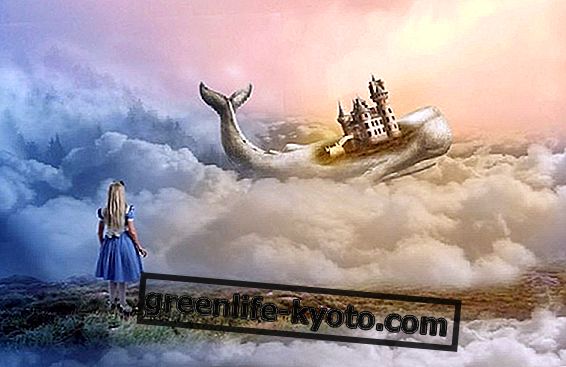
"War on humans" by Wu Ming 2 was the first book printed in Italy on 100% recycled fiber and bleached without chlorine . The author has even blocked and delayed the release of the novel for two months in order to obtain this result.
Then came other books, including "Fa un po 'male" by Niccolò Ammaniti and "Giro di Vento" by Andrea De Carlo.
The Guardians of the forests
The " Guardians of the forests " grow, both as writers and editors: it is the readers who ask for it! Now the group that is part of the forest-friendly writers is a consolidated reality, which always welcomes new pens and publishing houses, with a view to a green revolution not only in content, but also in the container.
"Writers for the forests" is the name of the first group of Italian writers who have undertaken to ask their publishers to print books on recycled paper or that does not involve the destruction of primary forests.
Between spelling and vegetable garden: writers for nature
Does Italy have green readers?
A few months after the launch of the survey on recycled paper to read, Greenpeace announces the results of the survey in the briefing "The most loved books? Those in recycled paper".
Published on the Web and distributed by Greenpeace volunteers to those present at the 2013 Turin Book Fair, the survey gathered the opinions of Italian readers through five questions on recycled paper . More than 21 thousand people responded, including 1, 413 visitors to the show. The results speak for themselves: contrary to what is claimed by Italian publishers, readers like recycled paper more .
Recycled paper not only pleases, but does not bloody forests. The cellulose market is in fact one of the major engines of the destruction of primary forests. The major exporting countries are Canada, Russia, the Scandinavian countries and Indonesia . Italian industries import, with Greenpeace data at hand, an average of 25, 500 tons of cellulose per year and, despite the new technologies and the minor use of paper that should follow, it is estimated that global paper production has grown and will grow by 77% between 1997 and 2020.
To produce cellulose, we proceed with the most expeditious and economical method: the secular forests are the object of satin cutting, which consists in the indiscriminate felling of all the trees in vast areas of forest.
Unless governments, industries and consumers act, environmentalists estimate that over the next thirty years all the world's primary forests will be lost.
In just five years we risk losing those of Sumatra and Java, the largest and most conserved primary tropical forest after Brazil.
To ensure that the paper is truly "forest friendly", an independent brand, Fsc (Forest Stewardship Council), has been created that certifies environmental compatibility but also respect for workers' rights.
Who are the green writers?
JK Rowling, Isabel Allende, Ian Rankin, Gunter Grass, Andrea De Carlo, Marlene Streeruwitz, Niccolò Ammaniti are just some of the authors of international caliber who collaborate with Greenpeace, directing their pens to protect the environment. They were joined by Fulvio Abbate, Edoardo Albinati, Stefano Benni, Sandrone Dazieri, Giancarlo De Cataldo, Luciano De Crescenzo, Erri De Luca, Maria Ida Gaeta, Kuki Gallmann, Carlo Grande, Rosetta Loi, Maurizio Maggiani, Dacia Maraini, Aldo Nine, Lorenzo Pavolini, Sandra Petrignani, Cinzia Picchioni, Fernanda Pivano, Elisabetta Rasy, Enrico Rammert, Lidia Ravera, Ugo Riccarelli, Francesca Sanvitale, Gabriella Sica, Enzo Siciliano, Sandro Veronesi and always new ones are added to the list. Authors, people engaged in everyday life, activist artists and experimenters tout court .
Curiosity: there is also a list of publishers, including a "black list" of publishers who have not subscribed to the commitment.













